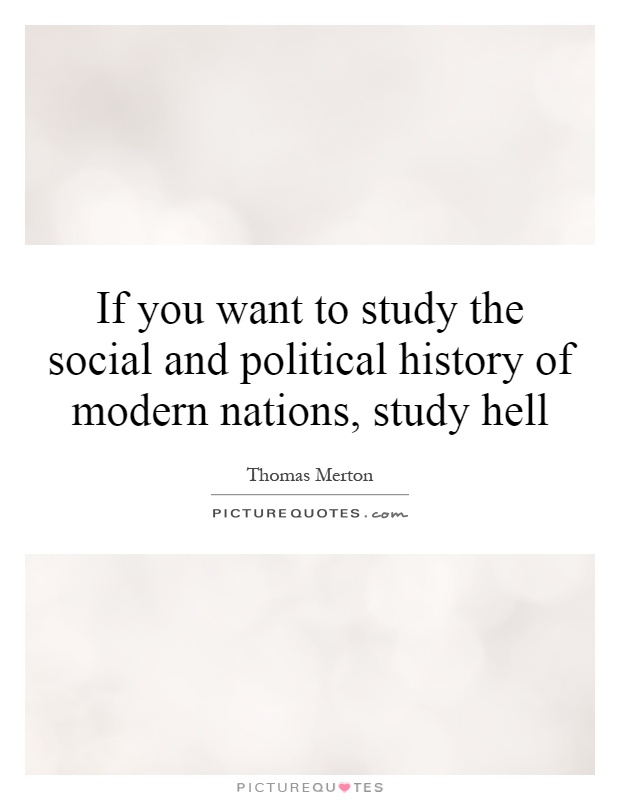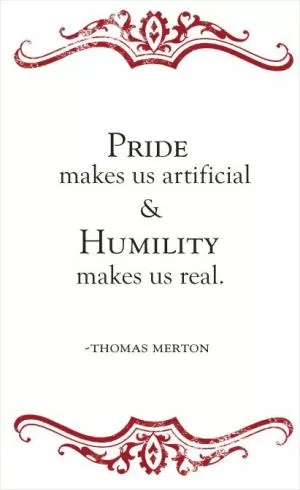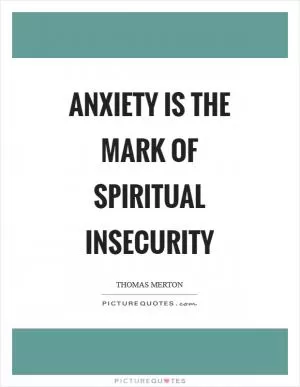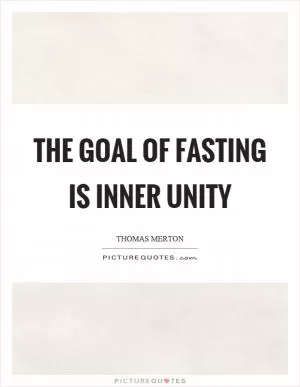If you want to study the social and political history of modern nations, study hell

If you want to study the social and political history of modern nations, study hell
Thomas Merton, a Trappist monk and renowned spiritual writer, once famously said, “If you want to study the social and political history of modern nations, study hell.” This provocative statement speaks to Merton’s deep understanding of the complexities of human nature and the ways in which society and politics can often reflect the darker aspects of our collective psyche.Merton’s own life and work were deeply influenced by his contemplative practice and his commitment to social justice. As a monk living in a cloistered community, Merton spent much of his time in prayer and meditation, seeking to deepen his connection to God and to understand the mysteries of the spiritual life. However, he was also deeply engaged with the world around him, writing extensively on issues of peace, justice, and the role of the Church in addressing the social and political challenges of his time.
Merton’s statement about studying hell in order to understand the social and political history of modern nations can be interpreted in a number of ways. On one level, it speaks to the idea that the darkest aspects of human nature – greed, violence, hatred – are often reflected in the structures and institutions of society. By studying the ways in which these negative forces manifest themselves in the world, we can gain a deeper understanding of the underlying causes of social and political conflict.
At the same time, Merton’s statement can also be seen as a call to action – a reminder that in order to create a more just and compassionate society, we must be willing to confront the darkness within ourselves and within our communities. By shining a light on the ways in which our own actions and attitudes contribute to the suffering of others, we can begin to work towards healing and transformation on a personal and societal level.
In his own life and work, Merton embodied this commitment to self-examination and social engagement. He was a vocal critic of war, racism, and other forms of injustice, and he worked tirelessly to promote peace and reconciliation in a world torn apart by violence and division. By studying hell – by confronting the darkest aspects of human nature – Merton believed that we could begin to build a more just and compassionate society, rooted in love and solidarity.












 Friendship Quotes
Friendship Quotes Love Quotes
Love Quotes Life Quotes
Life Quotes Funny Quotes
Funny Quotes Motivational Quotes
Motivational Quotes Inspirational Quotes
Inspirational Quotes